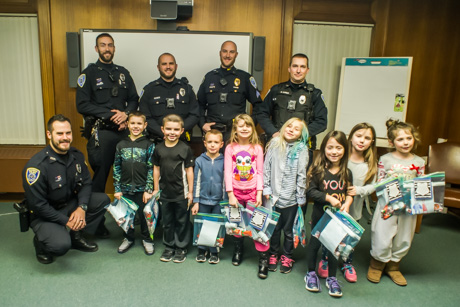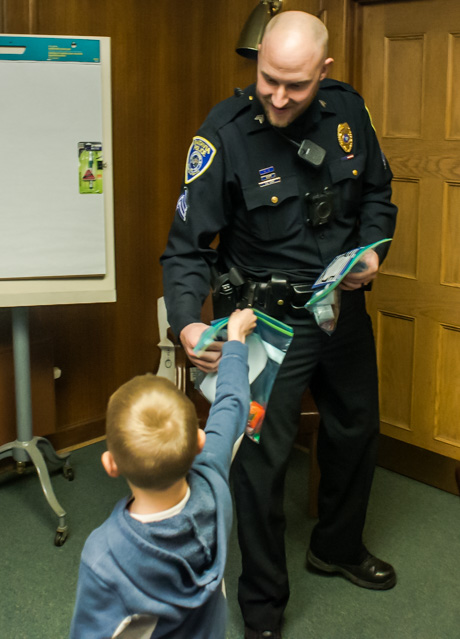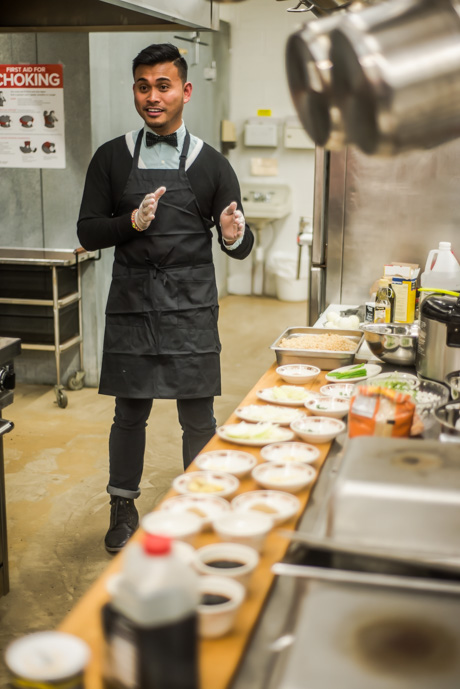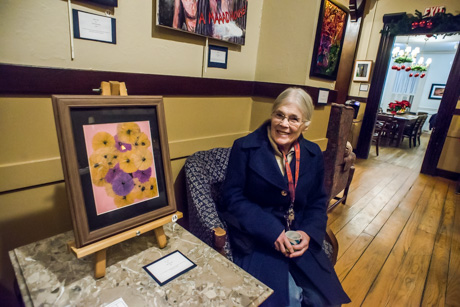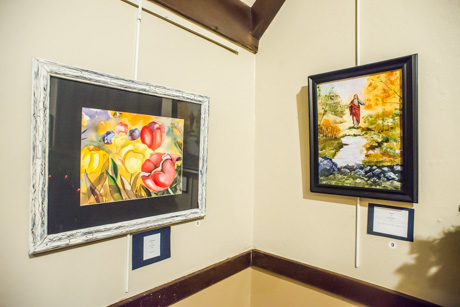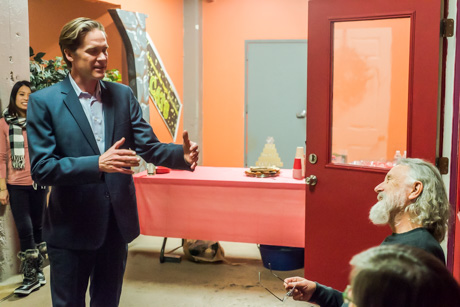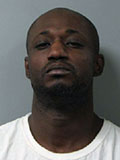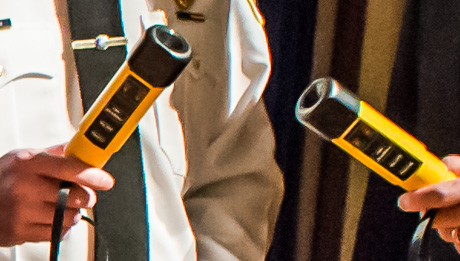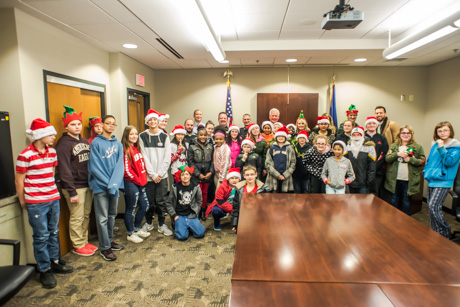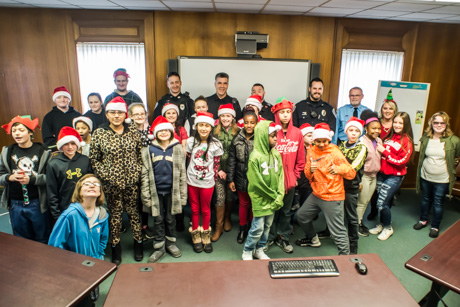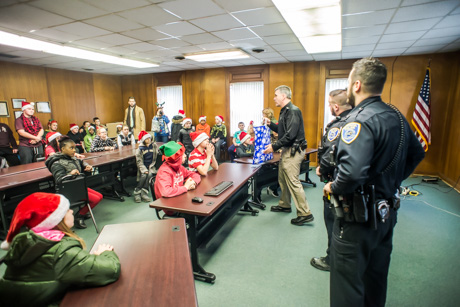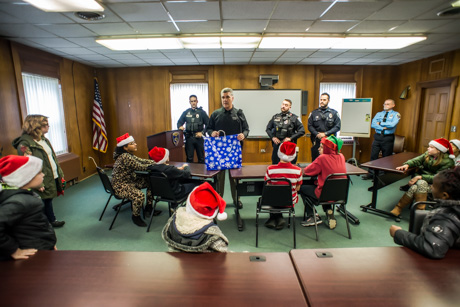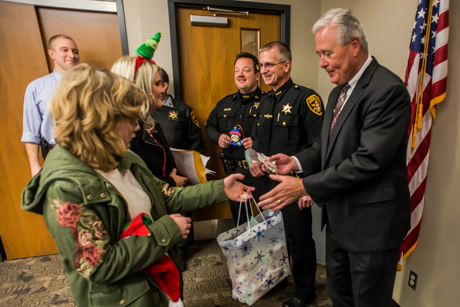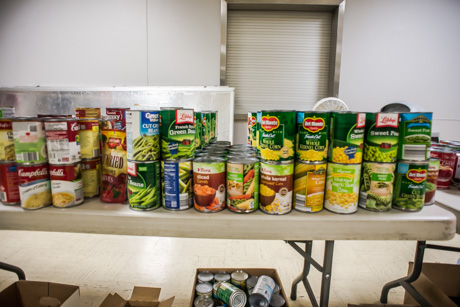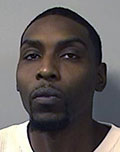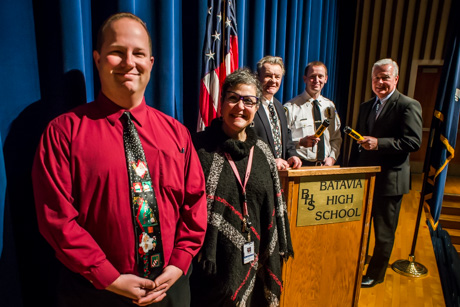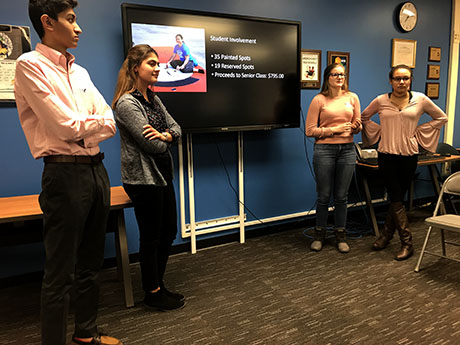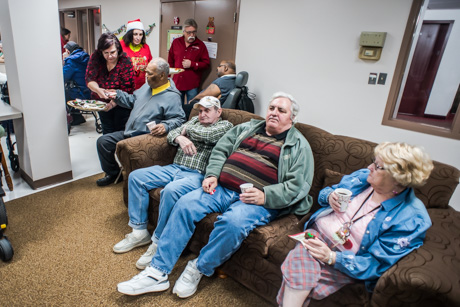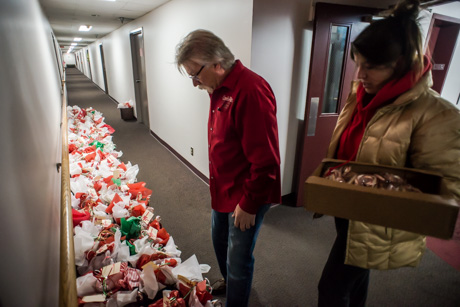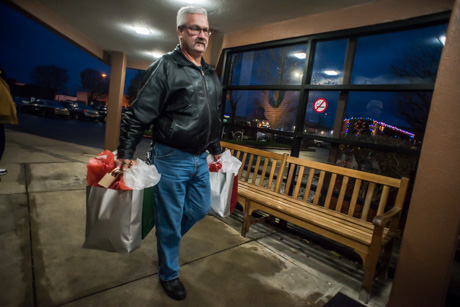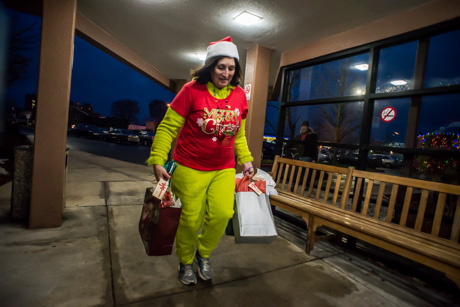Using a detection device to identify students who might have been drinking at high school dances is nothing new, said Batavia City Schools Superintendent Chris Dailey, and previous uses have gotten no pushback from students or parents.
Yesterday, The Batavian published a picture of Batavia High School receiving two new wand-like devices that act as breathalyzers to help school officials identify students who may have been drinking prior to arrival at a school dance or other social function where they might be used. The publication of the picture raised a lot of questions among readers about the legality and ethics of such devices.
Dailey said the district's first priority is the safety of the students.
"Ninety-nine point nine percent of our kids don't generally show up under the influence, so it's rather a moot point to them," Dailey said. "They're not thinking we're trying to take away their rights and we're not trying to take away their rights. We're trying to provide a safe environment for all. It's all about safety for us."
All of the complaints that surfaced after yesterday's picture publication surfaced online, Dailey said. There have been no calls to the district office and he met with high school officials today and there was no mention of complaints at the high school.
The wands donated to the school by STOP-DWI and local law enforcement are not at all invasive, Dailey said, unlike the previous alcohol sensor used by the school, which was only used if a student was suspected of drinking. The wands, Dailey said, can detect a potential use of alcohol by a person in a group of people.
"Alcohol consumption by students is something that is illegal and is not tolerated," Dailey said. "We want to make sure we provide the safest possible environment for all of our students."
That's critical, Dailey said, when you have 200 to 300 students coming together for an event.
If a student is found under the influence of alcohol at a school event, the first step, Dailey said, is to make sure the student is safe. Next, school officials call the teenager's parents.
"We reach out to the parents," Dailey said. "(the student) is not allowed to leave if under impairment and we will work with the parent so the child will learn from the mistake."
There isn't necessarily disciplinary action taken against the student.
"(It) depends on the situation," Dailey said.
As for whether the sensors violate students' rights, Dailey said, any student or parent who might be concerned about it are free to not attend the school function.
"If people choose not to come to the dance because of it, that's their choice, absolutely," Dailey said.
